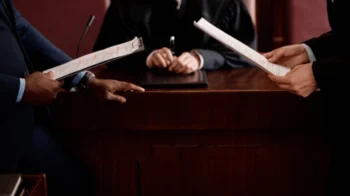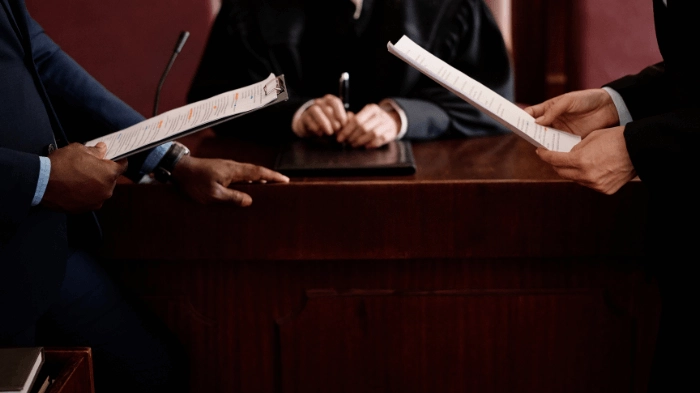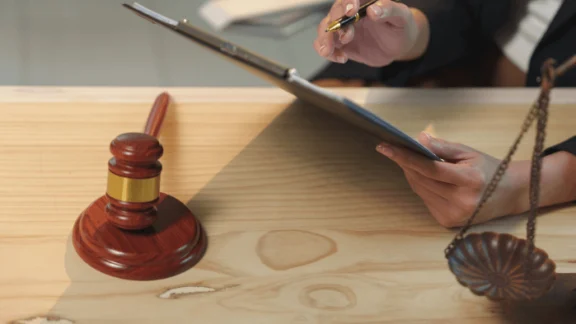A Final Order in a divorce (or Decree Absolute) is a legal document issued by the family courts in the UK that confirms that a marriage has been legally ended. Those who submitted their divorce application before 6th April 2022 would have received a ‘Decree Absolute’ rather than a Final Order, but they both serve the same purpose. Having received a Final Order or Decree Absolute, you are officially divorced and legally able to marry again. From the date of application for divorce, it takes a minimum of 6 – 7 months to receive a Final Order, but more realistically, 12 months if there is a backlog in the family courts.
What happens if you don’t apply for a decree absolute or final order?
If you do not apply for a Final Order or Decree Absolute, your divorce will not be finalised, and you will continue to be legally married to your spouse. In other words, you may have started the process, but without its completion, your marriage remains valid. Not applying for a Final Order will mean:
- You are still married to your spouse
- You can continue to live in your marital home (even if you don’t own the property) – these are your matrimonial home rights
- Your ex-spouse may still be entitled to your pension
- Your ex-spouse may still be entitled to your estate when you die, and
- You cannot remarry
The key point to remember is that even if you have applied for a divorce either jointly or as a sole applicant, your Final Order is not automatically issued; you must apply for your Final Order as the final step in your divorce process; otherwise, you will remain married.
How to apply for a decree absolute or final order
To apply for a Final Order, you will need to wait until the mandatory waiting period has ended. If you filed a joint divorce application with your ex-partner, the earliest you can apply for your Final Order is 43 days after receiving your Conditional Order. If you applied as a sole applicant and you do not apply to finalise your divorce, your husband or wife can do so, as long as they wait an additional period of 3 months (i.e. 3 months and 43 days).
It is also important to ensure that you finalise your divorce financial settlement and have this legalised by the court before you apply for a Final Order (see below for more details).
When you are ready to apply for your Final Order, you can do so either online or by post. You can also ask your divorce lawyer to handle your Final Order application on your behalf. If you made a joint application for divorce, you must both apply for a Final Order. After one party has applied, the other then has 14 days to complete their Final Order application. If one party applies but the other does not after 14 days, the party who applied may need to switch to a sole divorce application.
Once the court receives your Final Order application, they will check that you have met the required waiting period and that there are no other reasons to refuse your divorce. If they are satisfied you have met the requirements, they will send you and your ex-spouse your Final Order.
You have 12 months from the date that your Conditional Order was issued to apply for your Final Order. You can make a late application for a Final Order after the 12 months have passed, but you will need to provide an explanation for the delay.
Applying for a Final Order Before a Financial Order
Applying for a Final Order before you have reached a divorce financial order setting out how your marital assets will be divided and arrangements for spousal maintenance can have serious financial implications. Most importantly, getting a divorce financial order after your Final Order means that your ex-spouse may still be able to make a claim against your financial assets, including your pension, inheritances, and property. This can lead to ongoing financial uncertainty, which can negatively affect future marriages and relationships. For more information, please visit our article: Can You Get a Financial Order After Divorce?
It is also important to consider that applying your Final Order will end your marital home rights. Hence, it may be important to have a financial divorce order before you finalise your separation. Finally, there is the consideration that if one party dies after the Final Order has been issued but before the Financial Order has been issued, the surviving spouse may lose out on important death entitlements as a widow/widower (e.g. pension rights).





